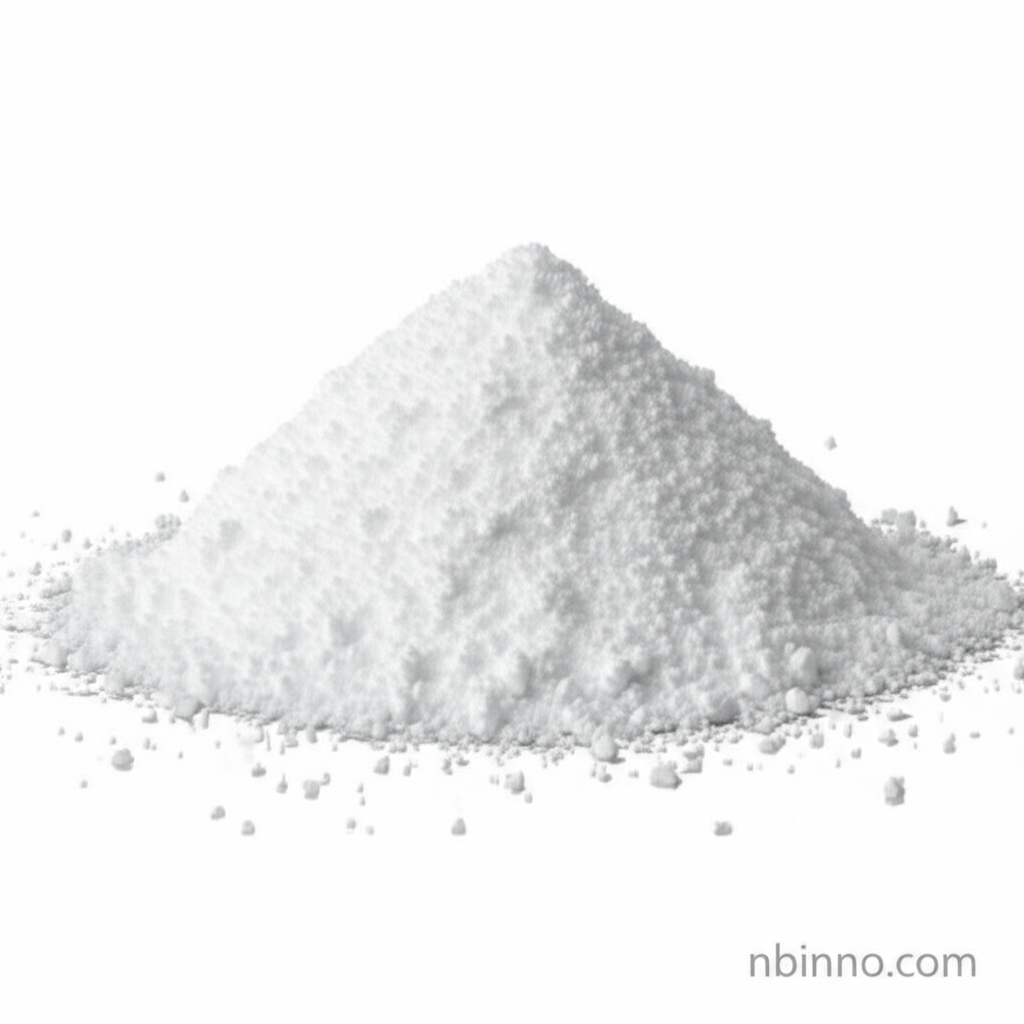Understanding Catechol: Properties, Applications, and Industrial Significance
Explore the versatile world of 1,2-dihydroxybenzene, a key chemical building block for numerous industries.
Get a Quote & SampleProduct Core Value

Catechol
Catechol, also known as 1,2-dihydroxybenzene, is a fundamental organic compound serving as a crucial intermediate in the synthesis of a wide array of fine chemicals. Its unique chemical structure allows it to function as a vital building block for numerous industrial applications, from pharmaceuticals and agrochemicals to flavors and fragrances.
- Discover the essential role of catechol in pharmaceutical development, where it acts as a building block for various life-saving drugs.
- Learn how catechol is utilized in agrochemicals, contributing to the creation of effective pesticides and herbicides to boost agricultural productivity.
- Explore the use of catechol in the flavors and fragrances industry, a key component in creating desirable scents and tastes.
- Understand the antioxidant properties of catechol and its application in polymer manufacturing and as a polymerization inhibitor.
Key Advantages
Chemical Versatility
Catechol's bi-functional nature as a 1,2-dihydroxybenzene derivative enables diverse chemical reactions, making it a highly versatile intermediate for organic synthesis. This makes it a staple for creating complex molecules.
Industrial Importance
As a key intermediate, catechol is indispensable for the production of essential products like pharmaceuticals and agrochemicals, directly impacting human health and food security.
Broad Application Spectrum
From acting as a polymerization inhibitor in plastics to its use in photographic developers and its role in creating fine chemicals, catechol's application breadth is extensive.
Key Applications
Pharmaceutical Synthesis
Catechol is a vital starting raw material for synthesizing active pharmaceutical ingredients (APIs) and intermediates, addressing various health conditions.
Agrochemical Production
The compound serves as a precursor for pesticides and herbicides, supporting global agricultural needs and crop protection.
Flavors & Fragrances
Catechol is essential for creating aromatic compounds used in perfumes, cosmetics, and food flavorings, contributing to sensory experiences.
Polymer & Material Science
Its role extends to polymer production, acting as a polymerization inhibitor and contributing to the properties of various materials.
